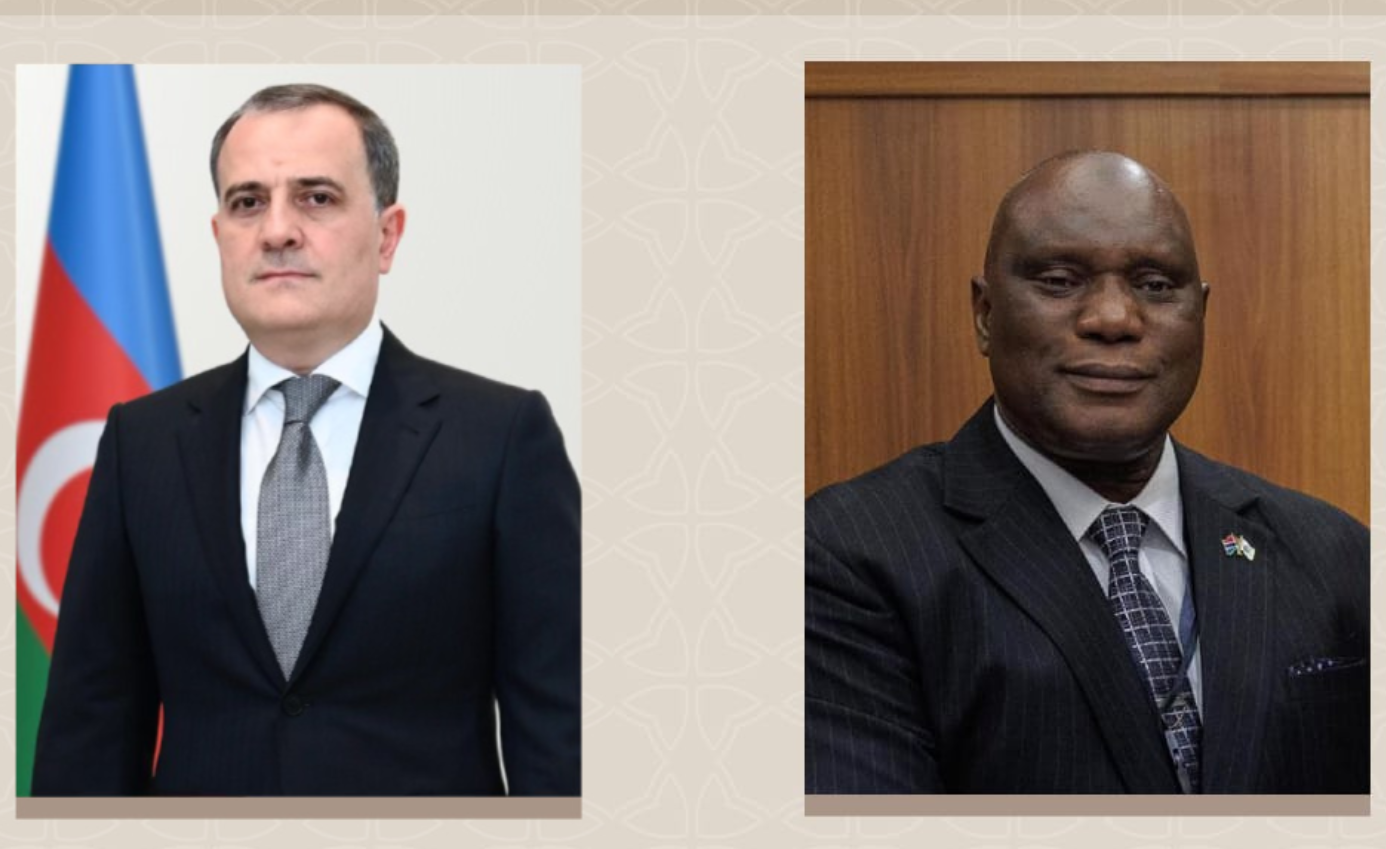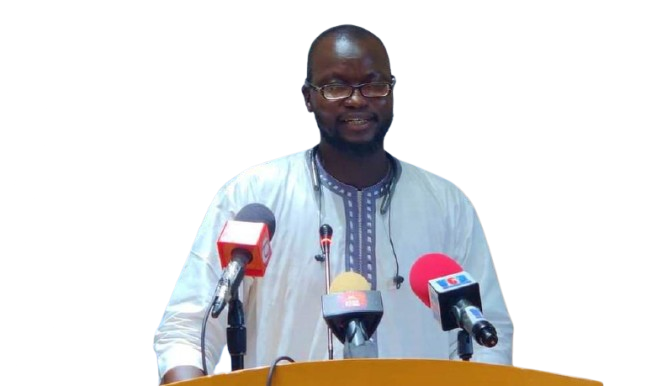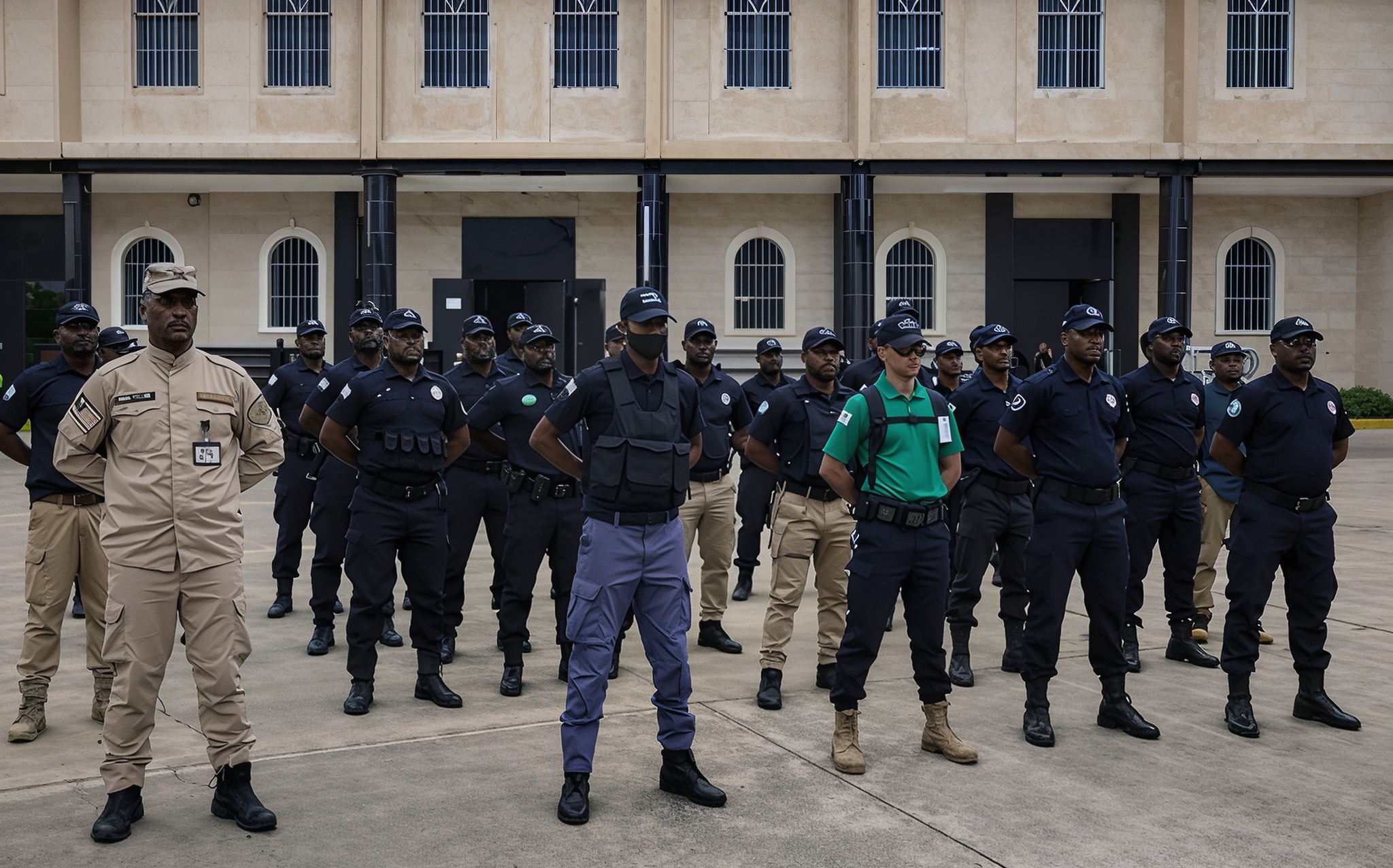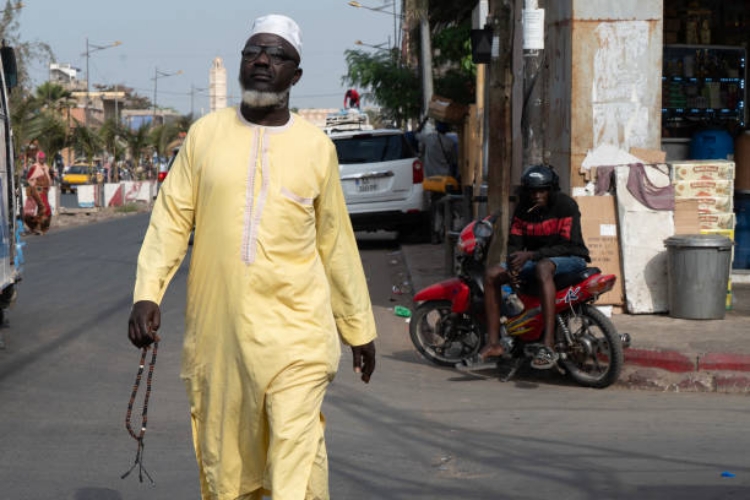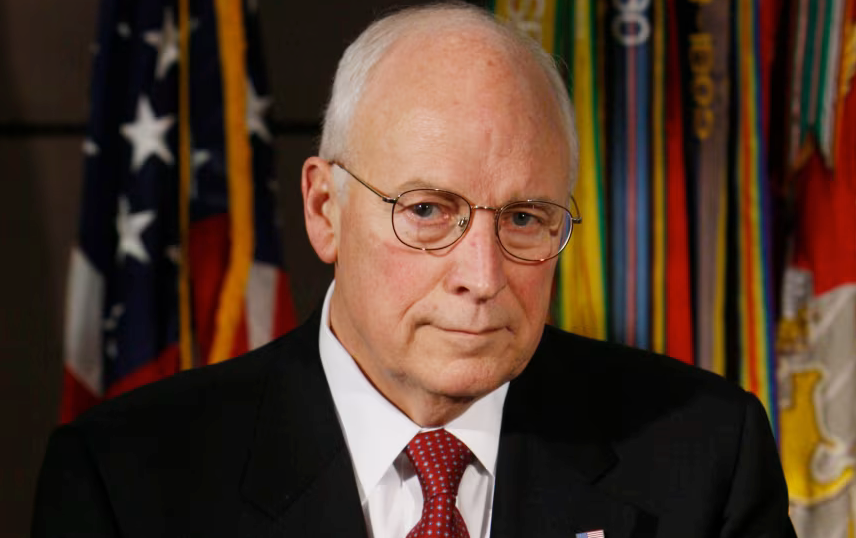Gambiaj.com – (Wyoming, U.S.A) – Dick Cheney, the powerful and polarizing former U.S. vice president who helped shape America’s post-9/11 foreign policy and led the nation into the Iraq War, has died at the age of 84.
According to a statement from his family, Cheney passed away surrounded by his wife of 61 years, Lynne, his daughters Liz and Mary, and other loved ones. The family said he died from complications of pneumonia and cardiac and vascular disease.
“Dick Cheney was a great and good man who taught his children and grandchildren to love our country and to live lives of courage, honor, love, kindness, and fly fishing,” the family said in a statement. “We are grateful beyond measure for all Dick Cheney did for our country.”
A Towering and Divisive Figure
Cheney, who served as the 46th Vice President under President George W. Bush from 2001 to 2009, was regarded as one of the most influential and controversial figures in modern American politics. As a key architect of the “war on terror,” he was instrumental in the U.S. invasions of Afghanistan and Iraq following the September 11, 2001, terrorist attacks.
On that fateful morning, Cheney was inside the White House while President Bush was away. In the hours that followed, he directed much of the U.S. government’s immediate response from a secure bunker, later authorizing the shooting down of hijacked airliners to prevent further attacks.
His influence in shaping the Bush administration’s aggressive foreign policy was immense. Cheney championed preemptive war and regime change, insisting Iraq possessed weapons of mass destruction, a claim later proven false. The invasion of Iraq in 2003, based on faulty intelligence, would come to define his legacy and divide both America and the world.
Even after the war’s disastrous outcome, Cheney remained unapologetic. “It was the right thing to do then,” he told CNN in 2015. “I believed it then, and I believe it now.”
From Wyoming to Washington Power
Born in Lincoln, Nebraska, in 1941, Richard Bruce Cheney grew up in Casper, Wyoming. After dropping out of Yale University, he returned home, where he worked on power lines and twice faced arrest for driving under the influence before turning his life around. He later earned degrees from the University of Wyoming and married his high school sweetheart, Lynne Vincent, in 1964.
Cheney’s political career began under President Richard Nixon and flourished during the Gerald Ford administration, where he became one of Washington’s most skilled political operators. He later served six terms in Congress representing Wyoming before being appointed Secretary of Defense under President George H. W. Bush.
At the Pentagon, Cheney oversaw the 1989 U.S. invasion of Panama and the 1991 Gulf War, solidifying his reputation as a strategic and decisive defense leader.
After a stint as CEO of energy giant Halliburton, Cheney returned to politics in 2000 when George W. Bush chose him as his running mate, a decision that would profoundly shape America’s path in the 21st century.
Champion of Executive Power and Controversy
Cheney believed in a strong, expansive presidency and was often accused of consolidating power in the executive branch. He defended “enhanced interrogation” techniques used on terror suspects, including waterboarding, and supported indefinite detentions at Guantanamo Bay, positions that drew fierce condemnation from human rights groups.
His unflinching stance earned him admiration from conservatives who saw him as a patriot but deep criticism from opponents who viewed him as a symbol of government overreach and moral compromise.
Health Battles and Heart Transplant
Cheney’s life was marked by severe heart disease. He survived five heart attacks beginning at age 37 and underwent a heart transplant in 2012, a procedure he described as “the gift of life itself.” Despite his ailments, he remained active in political and public life long after leaving office.
Rift with Trump and Final Years
In later years, Cheney’s relationship with his party soured as the Republican base shifted toward Donald Trump’s populism. He condemned Trump as “a coward” and “the greatest threat to the republic,” particularly after the January 6, 2021, attack on the U.S. Capitol.
His daughter, Liz Cheney, a former Wyoming congresswoman, became one of Trump’s most outspoken Republican critics, a stance that cost her her seat in Congress. Cheney publicly supported her efforts, appearing in a 2022 campaign ad warning that Trump’s lies about the election endangered American democracy.
In a final act of political defiance, Cheney voted for Democrat Kamala Harris in the 2024 presidential election, citing his duty to “put country above partisanship.”
Legacy of Power and Controversy
Dick Cheney leaves behind a complicated legacy: a statesman who wielded unparalleled power in shaping America’s foreign policy, yet one whose decisions sparked some of the most divisive debates in U.S. history.
To his supporters, he was a patriot who acted decisively in defense of his nation after its darkest day. To his detractors, he embodied the perils of unchecked power and interventionism.
Cheney is survived by his wife, Lynne; daughters Liz and Mary; and seven grandchildren.



